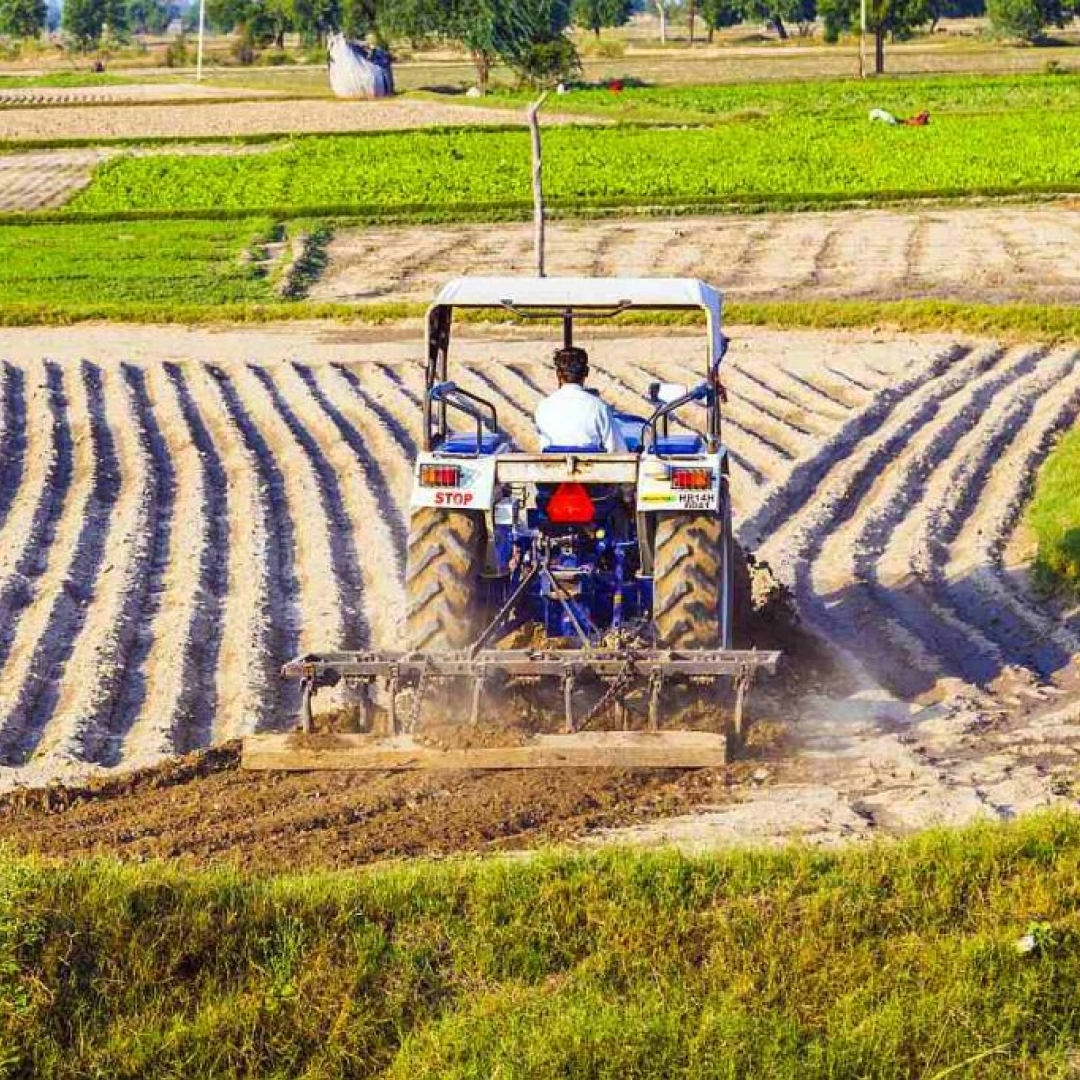
Agriculture is the backbone of India’s economy, contributing nearly one-fifth of the country’s USD 3.57 trillion GDP. With 60 percent of India’s 1.4 billion people engaged in farming, the sector holds immense potential—not just in feeding the nation but pioneering a more sustainable and resilient food system. As global agricultural demands rise and climate pressures mount, India stands at a crucial crossroads, with the opportunity to lead in the adoption of innovative biological solutions, particularly in crop protection.
THE URGENT NEED FOR INNOVATION
Traditional crop protection methods, heavily reliant on synthetic chemicals, face increasing challenges. Resistance to chemical pesticides is escalating, environmental concerns are mounting, and regulatory pressures are tightening worldwide. Farmers urgently need new tools that offer both efficacy and sustainability. This is where biological crop protection—particularly peptide-based solutions—emerges as a game-changer.
PEPTIDES: A REVOLUTIONARY APPROACH
Peptides, naturally occurring molecules composed of amino acids, represent one of the most promising frontiers in biological crop protection. These compounds can be engineered to provide targeted, highly effective pest and disease control while ensuring environmental safety. Unlike conventional chemical treatments, peptides are biodegradable and leave no harmful residues, making them an ideal solution, when soil degradation and pesticide overuse are pressing concerns.
At Invaio Sciences, we harness cutting-edge technologies such as artificial intelligence and machine learning to rapidly identify and optimize bioactive peptides for specific agricultural challenges. This innovative approach accelerates the discovery of highly effective, naturally derived solutions that can seamlessly integrate into existing agricultural practices. By leveraging these advancements, we can reduce dependence on chemical inputs while enhancing crop resilience against pests and environmental stressors.
NATURE-BASED SOLUTIONS
India has a long history of embracing natural crop protection methods. Integrated pest management (IPM) practices have been in place since the 1960s, and neem-based biopesticides have been widely recognized for their efficacy. Over the past two decades, government policies have further encouraged the adoption of sustainable farming practices. Initiatives such as the National Agriculture Policy (2000) and the National Mission for Sustainable Agriculture (2010) have created a supportive environment for biopesticide research and commercialization.
Building on this foundation, peptide-based solutions can complement traditional biopesticides, offering precision-targeted protection against specific pests and diseases while aligning with India’s commitment to sustainability.
KEY CROP PROTECTION CHALLENGES
India’s agricultural landscape is diverse, with crops such as pulses, rice, wheat, and corn facing unique threats from diseases and pests. Peptide-based solutions hold immense potential to tackle some of the most pressing challenges:
- Pulses: Protection against soil-borne fungal pathogens such as Phytophthora, Pythium, and Rhizoctonia solani.
- Rice: Defense against blast, sheath blight, and false smut.
- Wheat: Management of yellow rust and emerging resistance issues.
- Corn: Control stalk rot, downy mildew, and fall armyworm, a particularly devastating pest in India.
Peptide-based solutions can provide precision-targeted protection, enhancing plant immunity and reducing the need for broad-spectrum chemical applications. By mimicking naturally occurring defense mechanisms, peptides can disrupt pest-feeding behavior, inhibit fungal growth, and strengthen plant resilience against environmental stresses. This represents a paradigm shift in crop protection, where science and sustainability converge to drive long-term agricultural success.
INNOVATIVE AND SUSTAINABLE FUTURE
India’s agricultural future is bright, and biological solutions are at the heart of this transformation. The words of M.S. Swaminathan, the father of India’s Green Revolution, remain highly relevant today: “There are two major challenges before Indian agriculture today: ecological and economical. The conservation of our basic agricultural assets such as land, water, and biodiversity is a major challenge. How to make agriculture sustainable is the challenge.”
Peptide-based biologicals offer a tangible, science-driven solution to this challenge. By providing highly targeted, environmentally friendly alternatives to traditional pesticides, peptides can help ensure both high yields and farm profitability while safeguarding India’s agricultural resources for future generations.
As a CEO leading innovation in this space, I am confident that India’s commitment to agricultural advancement—combined with cutting-edge science—will pave the way for a more resilient and productive food system. The time to act is now, and biologicals, particularly peptides, will be instrumental in shaping the next chapter of sustainable agriculture in India and beyond.







Leave a Reply